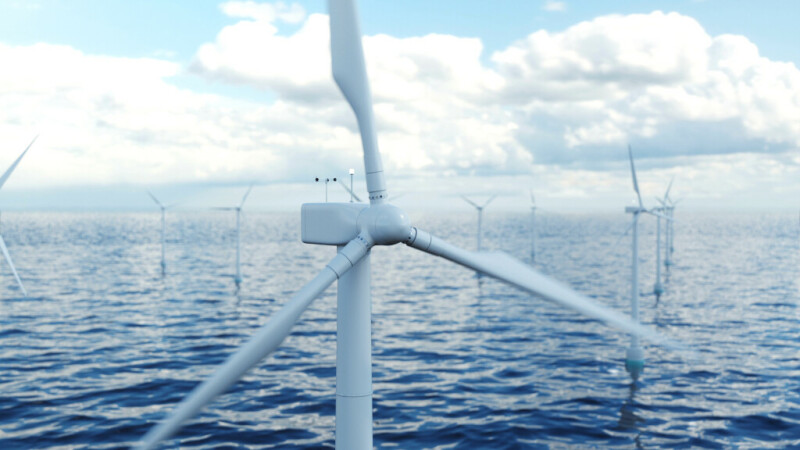KEY POINTS
- Japan awards offshore wind contracts to two consortiums, including BP.
- Projects will generate 1,065 MW of energy, advancing renewable goals.
- Rising costs and supply chain issues challenge wind energy development.
Japan has taken another significant step in its renewable energy transition by awarding two major offshore wind power contracts to prominent consortiums, including one featuring global energy leader BP. This marks the third round of public auctions under a national framework aimed at promoting wind energy development.
The country has ambitious plans to accelerate its offshore wind capacity as part of its decarbonization strategy.
Japan aims to secure 10 gigawatts (GW) of offshore wind energy by 2030 and expand to 45 GW by 2040. This initiative plays a critical role in Japan’s broader goal of achieving carbon neutrality by 2050.
Accelerating offshore wind development
The two new projects highlight Japan’s commitment to scaling up renewable energy. The first contract was awarded to a consortium led by JERA, Green Power Investment, and Tohoku Electric Power.
This project involves a 615-megawatt (MW) wind farm off the southern coast of the Japan Sea near Tsugaru city and Ajigasawa town in Aomori prefecture.
The second contract went to a group comprising Marubeni, Kansai Electric Power, BP’s BP IOTA unit, Tokyo Gas, and local firm Marutaka. This consortium will manage a 450 MW wind farm located off the coast of Yamagata prefecture near Yuza town.
Both projects are scheduled to begin operations by June 2030 and will utilize bottom-fixed turbines supplied by Siemens Gamesa, a leading Spanish wind turbine manufacturer. The developments are expected to bolster Japan’s efforts to meet its renewable energy targets, with both farms contributing to a cleaner energy mix and reducing dependence on fossil fuels.
Addressing challenges in offshore wind energy
Despite the progress, Japan’s offshore wind energy sector faces notable challenges. Rising development costs, supply chain disruptions, and inflation have created headwinds for project implementation. Industry analysts have pointed out that addressing these issues will be crucial to maintaining momentum in the sector.
Earlier this month, BP and JERA announced a partnership to create one of the world’s largest offshore wind operators. Such collaborations underline a growing trend of Japanese firms teaming up with Western companies to leverage their expertise and resources. Meanwhile, foreign players see Japan’s expanding renewable energy market as an attractive investment opportunity.
This third round of auctions follows previous successful tenders, which included contracts awarded to Spanish utility Iberdrola and German energy company RWE. The increasing involvement of global players demonstrates the appeal of Japan’s renewable energy landscape, even as the industry grapples with economic pressures.
A roadmap to a greener future
Japan’s government is determined to meet its 2050 carbon neutrality target, as outlined in its revised energy plan. According to Reuters, the plan envisions renewables making up to 50 percent of the country’s electricity mix by 2040.
Offshore wind energy is poised to play a pivotal role in this transition, helping Japan reduce emissions and secure a more sustainable energy future.
While challenges persist, the latest offshore wind projects signal a strong commitment to overcoming obstacles and achieving energy transformation. With international collaboration and innovative solutions, Japan is poised to remain a leader in renewable energy development.



